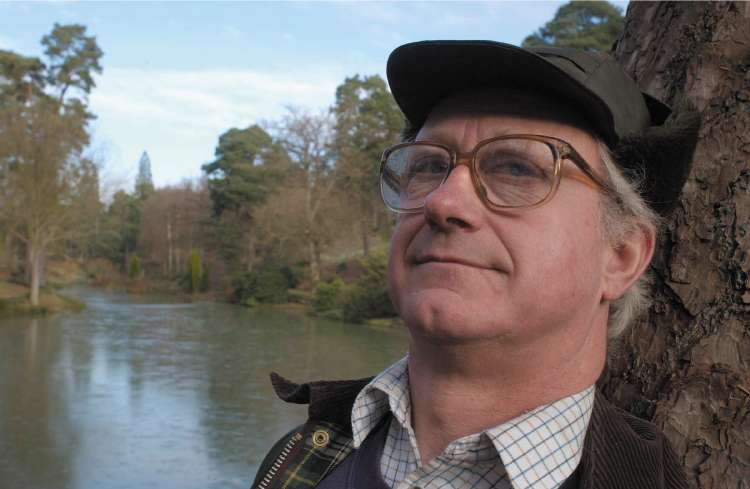Yours for £5m: English garden (plus wallabies)

With more than 200 acres of some of England's finest gardens, seven lakes, a historic rhododendron and a mob of 40 "semi-wild" wallabies, Leonardslee Gardens in Sussex are perhaps as eccentric as the family which has owned them for more than 150 years.
But now a new owner is to take over the Grade I listed gardens – one of just 163 in England and Wales – with the family trust putting the grounds, given a £5m guide price by auctioneers Savills, up for sale.
The keeper of the gardens, Robin Loder, 64, said he had achieved all he wanted to do after rebuilding them following the "Great Storm" of 1987 and the family had decided to move on.
The mansion house, near Horsham, which was sold by the Loders in the 1980s and has been used for offices, has also gone on to the market for some £3.25m, providing the opportunity to reunite house and garden once again.
The wallabies are a legacy left by Sir Edmund Loder, the great-grandfather of Robin, who kept a range of animals from gazelles to prairie dogs, mountain goats and kangaroos. He also created a rhododendron hybrid, loderi, now described as among the best in England by the Royal Horticultural Society.
The original plant, which is more than 100 years old, has remained in the gardens along with the wallabies, which proved the only lasting survivors of the exotic animals thanks in part to their usefulness as unpaid gardeners.
Mr Loder, who has moved with his wife, Jane, from the six-bedroom house built in the grounds when the mansion was sold said he expected the new owners would be impressed by the wallabies.
"We have used them as ground maintenance contractors, mowing machines for nearly 120 years – no wages, no petrol, no holiday, no pension fund, no unions – gosh, every good garden should have two," he said. "They are seriously not pets. They live semi-wild and live a very natural existence. Most of them live out in the wider park and garden and hardly get fed at all because they graze the grassy banks.
"They don't eat our bluebells, but they nibble the grass in between and fertilise the soil. Around the lakes, the rough grass is full of wild flowers. The wallabies keep it beautifully trimmed and the wildflowers appreciate it – you should see the bluebells.
"The wallabies are rather characters. I am not sure they are very bright, but they look cute."
In addition to the rhododendrons, the gardens are well known for their displays of magnolia, azaelias and camelias and are popular with the public. In fact, Leonardslee pioneered the idea of public open days, when in 1907 coachloads of tourists came to admire the flora and fauna.
A more modern addition is the Beyond the Dolls House exhibition, which includes a scale model of a Victorian country estate and market town and is being sold as a separate lot.
Mr Loder, who has four children, including Christopher, who will continue to run a nursery on the estate, insisted he would be able to deal with any changes made to his lifetime's work by the new owner. "I shall be wishing the next person has as much fun as we have had there. A garden like Leonardslee evolves, it's not always going to stay the same. Gardens are not fossils," he said.
While the ferocious 1987 storm was greeted with anguish by many, Mr Loder said it had gave him a great opportunity. "I love trees but there was hardly anywhere in the garden where you could see the sky. The storm did a wonderful and much needed thinning job without which the garden could never really have survived," Mr Loder said.
Join our commenting forum
Join thought-provoking conversations, follow other Independent readers and see their replies
Comments
Bookmark popover
Removed from bookmarks